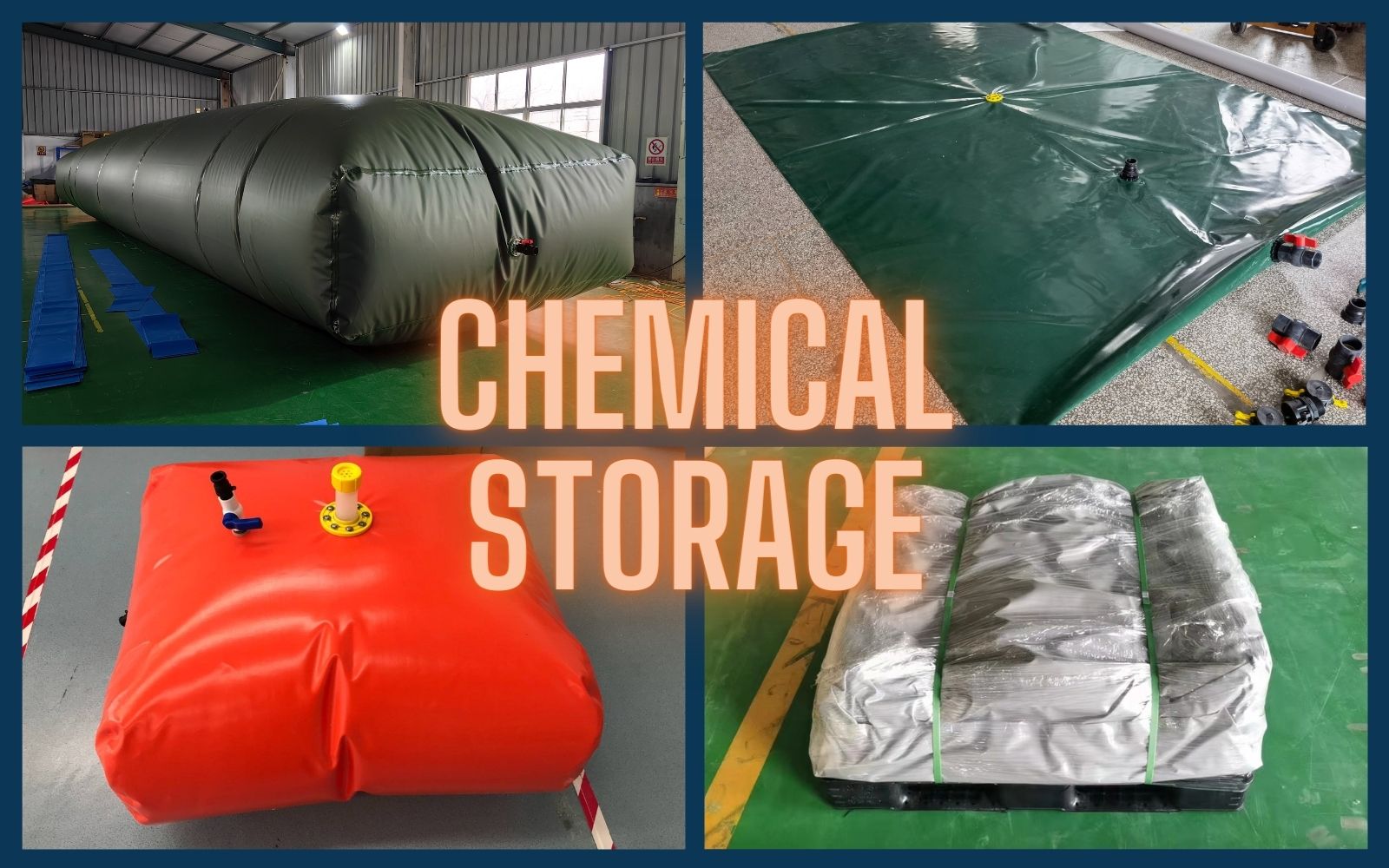Flexible tanks can be an effective solution for chemical storage, as they offer a number of advantages over other types of storage tanks. Here are some key points to consider when using flexible tanks for chemical storage:
The flexible tank material must be compatible with the specific chemical being stored. Compatibility testing must be done to ensure that the tank will not degrade or leak when exposed to the stored chemical.
Flexible tanks are available in a range of sizes, from small portable tanks to large industrial-sized tanks. The tank size should be selected based on the volume of chemical that needs to be stored.
Flexible tanks are relatively easy to install and can be set up quickly. The tank must be placed on a stable, flat surface that can support the weight of the filled tank.
The tank material should be durable and resistant to punctures and abrasions. It should also be able to withstand exposure to UV radiation and extreme temperatures.
Flexible tanks are low-maintenance, but regular inspections should be conducted to ensure the tank is in good condition and to address any potential issues.
Flexible tanks are generally less expensive than rigid tanks, making them a cost-effective option for chemical storage.
Overall, flexible tanks can be an effective solution for chemical storage, as they offer a number of advantages over other types of tanks. However, proper installation and maintenance are crucial to ensuring safe and effective storage.








